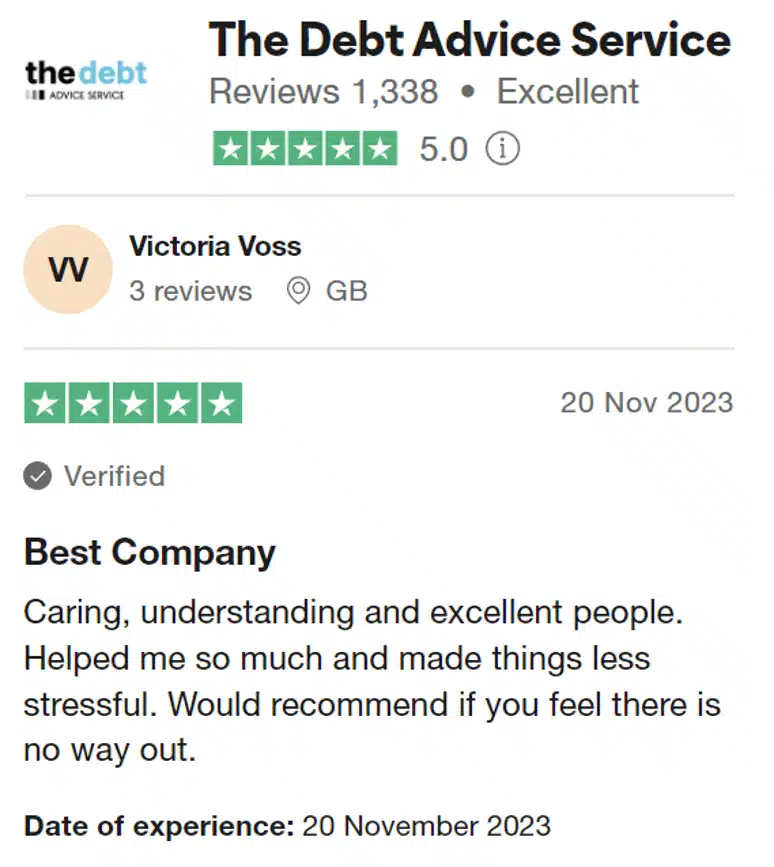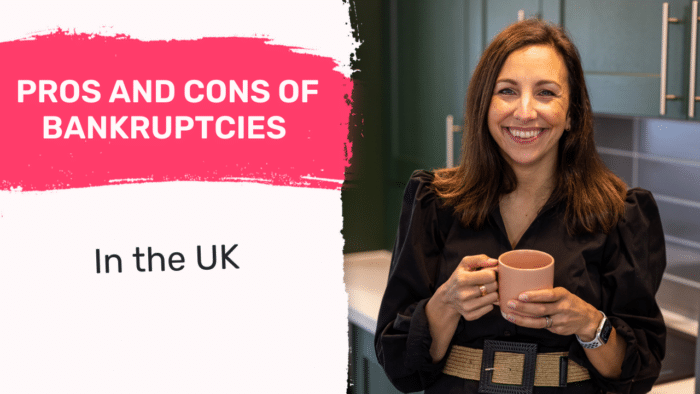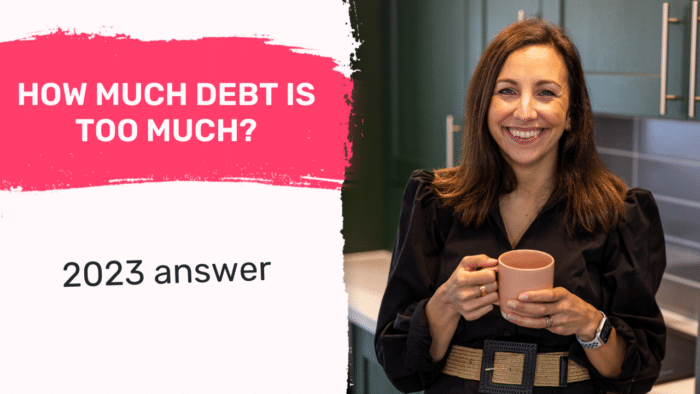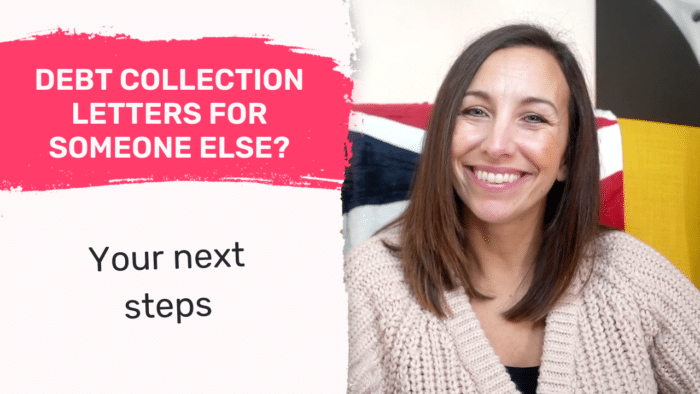Can You Go Bankrupt with No Assets in the UK?
For free & impartial money advice you can visit MoneyHelper. We work with The Debt Advice Service who provide information about your options. This isn’t a full fact-find, some debt solutions may not be suitable in all circumstances, ongoing fees might apply & your credit rating may be affected.
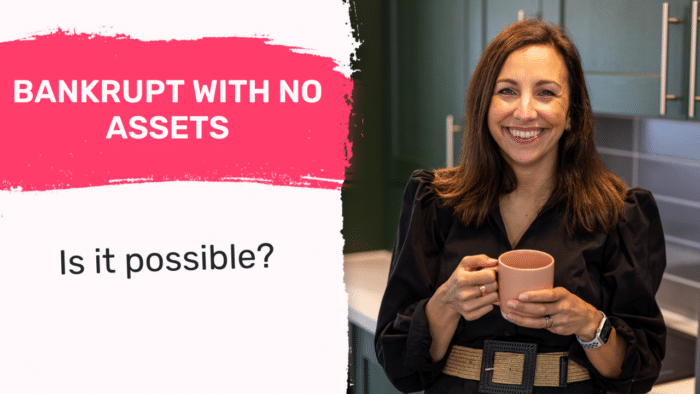
For free & impartial money advice you can visit MoneyHelper. We work with The Debt Advice Service who provide information about your options. This isn’t a full fact-find, some debt solutions may not be suitable in all circumstances, ongoing fees might apply & your credit rating may be affected.
Are you trying to figure out if you can go bankrupt even if you have no assets? You’ve come to the right place. Every month, over 12,000 people seek advice on debt issues on this site.
We understand that being in debt can be tough and scary. You might be worried about not being able to pay your debts and concerned about what might happen if you don’t.
Don’t worry. In this article, we’ll explore:
- If it’s possible to go bankrupt in the UK with no assets
- What bankruptcy really means
- What happens after you’re declared bankrupt
- If going bankrupt clears all your debts
- The costs of declaring yourself bankrupt
Our team understands your worries because some of us have been in the same boat. We hope to guide you through this tough time and help you make informed decisions about your financial future.
Let’s dive in to understand more about going bankrupt with no assets in the UK.
Does going bankrupt clear all debts (UK)?
Bankruptcy doesn’t clear all debt. There are some debts that cannot be included in a bankruptcy application, including student loans, court fines and child maintenance arrears.
Moreover, you might still need to keep paying some of your debts during the bankruptcy as part of a payment agreement called an Income Payments Agreement.
And you’re usually required to keep making these repayments for three years after being discharged from bankruptcy.
» TAKE ACTION NOW: Fill out the short debt form
Who qualifies for bankruptcy?
Anybody who cannot pay their debts in a reasonable time can consider using bankruptcy to get out of debt and get a fresh start. However, it’s essential that you get debt advice from a charity first.
There are serious repercussions of using this insolvency solution, and you may be better off using one of the alternative debt solutions. If you have less than £30,000 of debt, you might prefer to use a Debt Relief Order (DRO) instead.
How a debt solution could help
Some debt solutions can:
- Stop nasty calls from creditors
- Freeze interest and charges
- Reduce your monthly
A few debt solutions can even result in writing off some of your debt.
Here’s an example:
Situation
| Monthly income | £2,504 |
| Monthly expenses | £2,345 |
| Total debt | £32,049 |
Monthly debt repayments
| Before | £587 |
| After | £158 |
£429 reduction in monthly payments
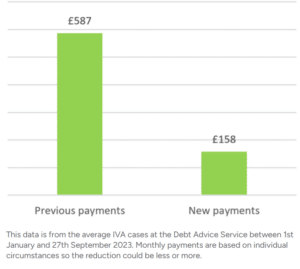
If you want to learn what debt solutions are available to you, click the button below to get started.
Can I go bankrupt if I have no assets?
Yes. you can still go bankrupt if you have no assets. It might even be more advantageous to use bankruptcy as a debt solution if you don’t own assets, but you could also consider a DRO depending on the amount of debt you owe.
If you have no assets, there won’t be anything the Official Receiver to sell to raise funds to pay creditors. But this doesn’t prevent you from applying to go bankrupt.
How much does it cost to declare yourself bankrupt in the UK?
One of the most common questions among debtors considering bankruptcy is… how much does it all cost?
This is a question I’ve been asked before and one that frequently appears on reputable foams, like this example:
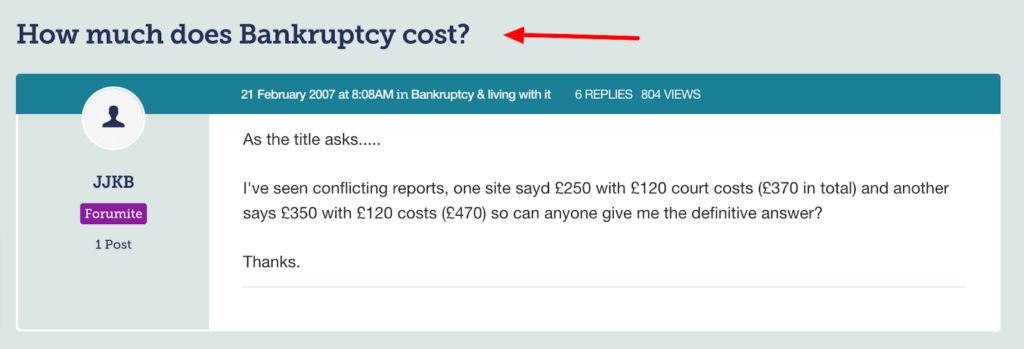
Source: https://forums.moneysavingexpert.com/discussion/382438/how-much-does-bankruptcy-cost
You have to apply for bankruptcy, which comes with a non-refundable application fee. The fee is currently £680, which is subject to change.
If you cannot afford £680 straight away, you can pay the fee in instalments. But the application won’t be submitted and considered until the full £680 has been paid.
There might be financial aid available to some people wanting to apply, which is best discussed with a debt charity.
Thousands have already tackled their debt
Every day our partners, The Debt Advice Service, help people find out whether they can lower their repayments and finally tackle or write off some of their debt.

Natasha
I’d recommend this firm to anyone struggling with debt – my mind has been put to rest, all is getting sorted.
Reviews shown are for The Debt Advice Service.
Can you have a joint bankruptcy?
No, bankruptcy is an individual debt solution unless it’s for business partners to deal with business debts. Joint debts can still be included in your individual bankruptcy, but this will have consequences for the joint debtor not going bankrupt.
Does bankruptcy force you to sell your home?
The Official Receiver could force the sale of your home to help pay existing debts. The property will be sold and any equity you have will be used to pay creditors. Although, this may not happen straight away.
What is a Debt Relief Order?
A Debt Relief Order is another insolvency debt solution for people with less than £30,000 of unsecured debt and no significant assets. It’s sometimes considered a softer form of bankruptcy.
The DRO works by preventing all unsecured creditors and debt collection agencies from contacting you or applying interest to debts for one year.
If your financial situation hasn’t improved during the 12 months, all unsecured debt will be written off with no further obligations on your part.
Can I have a bank account if I declare myself bankrupt?
Your bank accounts will be frozen as part of the bankruptcy process. But you will be able to open a basic bank account thereafter as having a bank account is considered a human right in the UK.
In some instances, you might be able to keep your existing bank account for essential daily expenses
The bank account you get will only be able to perform certain functions. It may allow you to pay bills and withdraw money from an ATM, but it may not let you make car payments online or in-store.
Bankruptcy and immigration
By now, I should have reiterated enough of the seriousness of using bankruptcy to clear your debts.
But there is another consideration for those without British citizenship but hoping to get it in the future.
Being declared bankrupt can negatively affect your chances of becoming a British citizen. This is best discussed with a debt charity or with a qualified immigration agent.
How do you apply for bankruptcy?
You apply to make yourself bankrupt online using the UK government website.
There is no other way to make a bankruptcy application, but you could get help if you’re not confident using the online service. You’ll also pay for the application online.
If the application is successful, you’ll receive a copy of your bankruptcy order and may have to have a face-to-face interview with your Official Receiver.
You cannot apply for bankruptcy in this way if you live in Scotland or Northern Ireland.
Can you take out a loan while bankrupt?
You must tell any credit that you’re bankrupt when applying for credit worth £500 or more. It’s extremely unlikely that a creditor will approve you for a loan if you’re currently bankrupt.
Going bankrupt – no assets? (Summary)
You can still use bankruptcy as an insolvency solution if you have no assets, such as a property or vehicle.
The only difference is there won’t be any assets that can be sold by the Official Receiver to raise money to pay creditors. However, you might also want to consider a Debt Relief Order in this situation.
